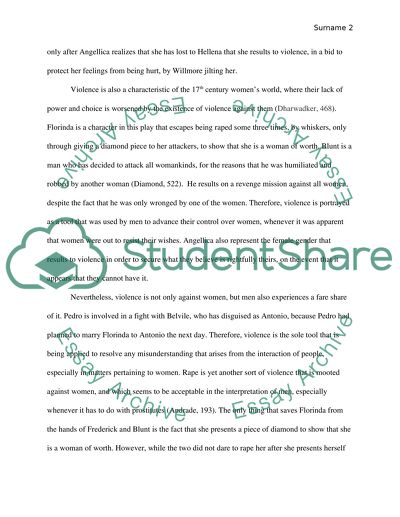Cite this document
(“Power, Violence, and the Marginalization in Aphra Behn's _The Rover Research Paper”, n.d.)
Power, Violence, and the Marginalization in Aphra Behn's _The Rover Research Paper. Retrieved from https://studentshare.org/literature/1491779-power-violence-and-the-marginalization-in-aphra
Power, Violence, and the Marginalization in Aphra Behn's _The Rover Research Paper. Retrieved from https://studentshare.org/literature/1491779-power-violence-and-the-marginalization-in-aphra
(Power, Violence, and the Marginalization in Aphra Behn'S _The Rover Research Paper)
Power, Violence, and the Marginalization in Aphra Behn'S _The Rover Research Paper. https://studentshare.org/literature/1491779-power-violence-and-the-marginalization-in-aphra.
Power, Violence, and the Marginalization in Aphra Behn'S _The Rover Research Paper. https://studentshare.org/literature/1491779-power-violence-and-the-marginalization-in-aphra.
“Power, Violence, and the Marginalization in Aphra Behn'S _The Rover Research Paper”, n.d. https://studentshare.org/literature/1491779-power-violence-and-the-marginalization-in-aphra.


